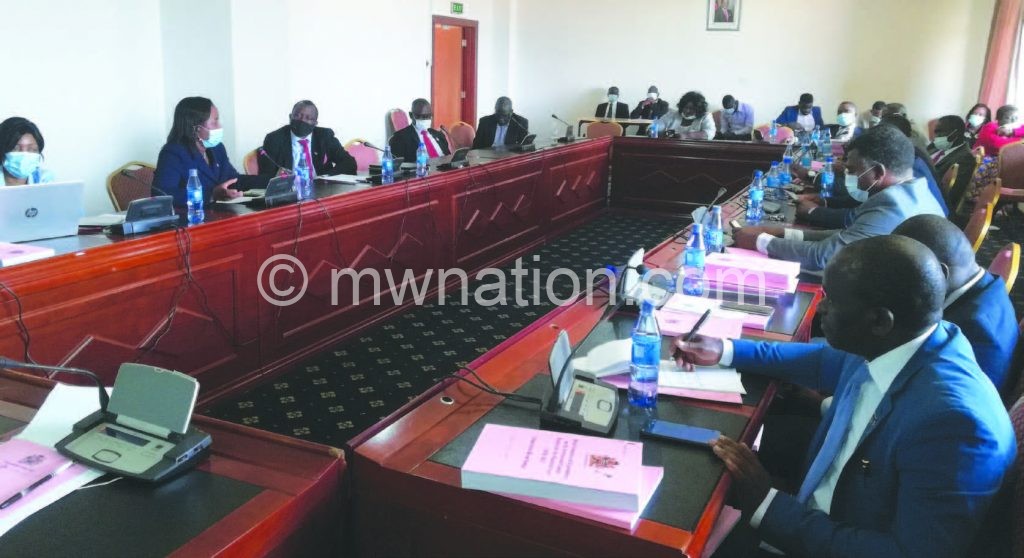Nasfam calls for farm input insurance
National Smallholder Farmers Association of Malawi (Nasfam) has recommended the introduction of crop insurance for the K160.2 billion Affordable Inputs Programme (AIP).
In its 2020/21 National Budget Analysis, the country’s largest farmers’ organisation, said they fear that the money invested in the programme could go down the drain if farmers fail to realise intended yields due to poor weather.

Nasfam made their presentation in Lilongwe last week before the joint Agriculture and Natural Resources 2020/21 National Budget Cluster Committee of Parliament, which is scrutinizing the fiscal plan through stakeholder engagement.
In the K2.2 trillion fiscal plan, Minister of Finance Felix Mlusu announced that the AIP, the successor programme of Farm Input Subsidy Programme (Fisp), will benefit 4.2 million farming families.
From the K160.2 billion allocated, which is about 45 percent of the agriculture sector budget, K132.7 billion is for fertiliser payments, K25.7 billion for maize seed and K1.8 billion for logistics.
In the programme, farmers will buy fertiliser at K4 495 per 50 kilogramme bag.
Nasfam chief executive officer Betty Chinyamunyamu described the agriculture sector budget at K354.8 billion or five percent of gross domestic product (GDP), as heavily imbalanced between recurrent and development allocations.
She said: “The point we are making is that weather patterns now very unpredictable due to climate change. If we have less or too much rainfall, we may end up losing all the K160 billion investment.
“In this case, it is necessary for the government to buy crop insurance for the nation to ensure that we are covered. Insurance is a critical part of any investment and we would not need to invest such huge sums of money without risk management in place.”
She asked government to establish ready markets for farmers in anticipation of the bumper yield from AIP investment, saying if nothing is done, farmers will lose out through price depression and wastage as post-harvest losses are already high at about 30 percent.
The Nasfam analysis also shows that while AIP has been allocated K160.2 billion—which is for consumption in line with the country’s food security needs—agriculture commercialisation has only been allocated K15 billion, exposing allocation imbalances.
On his part, ActionAid Malawi executive director Assan Golowa said it will be frustrating if there will be no changes or modifications to the budget.
Agriculture and Natural Resources 2020/21 National Budget Cluster Committee of Parliament stand-in chairperson Werani Chilenga commended Nasfam for the analysis, saying it is objective and a reflection of the agriculture sector budget which, he said, needs to be changed for not balancing consumption and development.
“It is a pity that each time we scrutinise the budget, we make recommendations as well as changes, but nothing is considered in the end,” he said.
Chilenga called for a review of the laws to ensure that the cluster committee meeting outcomes are reflected in the final budget, saying the Executive has overriding powers that make it difficult to change allocations during cluster meetings.





